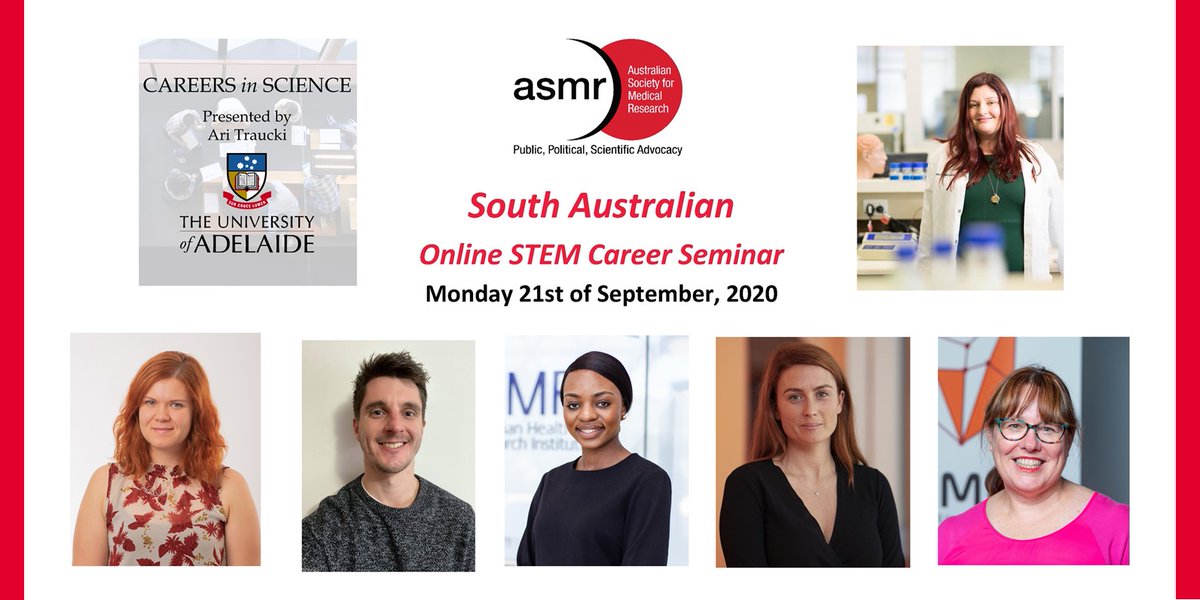Meet Kevin Hendrawan, the PhD Student from the @SVH_BSCCR lab at St Vincent's Centre for Applied Medical Research @UNSW, the researcher helping us understand how people with #multiplesclerosis may benefit from stem cell transplantation
A thread 👇
#stemcells #transplant #Tregs
A thread 👇
#stemcells #transplant #Tregs

While our immune system is important for eliminating harmful foreign molecules and/or pathogens (like the virus causing COVID-19), it is equally important that it does not attack our own cells and organs (which is what occurs in autoimmune diseases).
This delicate balance is, in part, maintained by immune-suppressive cells known as T regulatory cells (Tregs).
(📸: blog.quartzy.com/iq_biosciences…)
(📸: blog.quartzy.com/iq_biosciences…)

"Kevin Hendrawan is a PhD Candidate on an NHMRC Public health and health services research scholarship, at St Vincent’s Centre for Applied Medical Research, @UNSW, who is helping us understand how people with multiple sclerosis may benefit from stem cell transplantation.
"As a researcher, I'm primarily driven by my curiosity for the immune system, which we now know is connected to many aspects of our health, including cancer biology and even mental health."
Autologous Haematopoietic Stem Cell Transplantation (AHSCT) is a treatment that is currently under clinical trial for aggressive forms of autoimmune diseases, such as multiple sclerosis.
AHSCT involves:
1. Taking a bone marrow sample from the patient
2. Killing off the existing immune system with chemotherapy
3. Repopulating it with stem cells from the patient’s original bone marrow sample.
AHSCT is thought to be effective because it “re-boots” the immune system.
1. Taking a bone marrow sample from the patient
2. Killing off the existing immune system with chemotherapy
3. Repopulating it with stem cells from the patient’s original bone marrow sample.
AHSCT is thought to be effective because it “re-boots” the immune system.
When AHCST is performed in mouse models of autoimmune disease, we know that the new Tregs that appear after the transplant are more "suppressive," suggesting that they reduce symptoms of disease by dampening down the autoreactive immune response after transplantation
Kevin works with human samples to see whether it applies to us too: “It's important as [Tregs] are a candidate for future cell therapy which could reduce the need for high dose chemotherapy - which isn't ideal for patients due to the side-effects associated with its toxicity" 

Kevin’s keen interest in understanding immune regulation was highlighted during his honours project during which he investigated the immunology of pregnancy in live-bearing pregnant lizards!
📸Jacquie Herbert
📸Jacquie Herbert

He’s also a keen runner, and practices one of the oldest surviving Japanese martial arts: Katori Shinto Ryu (Japanese swordmanship).
📸Stella Hendrawan
📸Stella Hendrawan

But that's not all! Kevin is also keen science communicator. Have a look at this video he directed for an @MSResearchAust competition - it's about how his lab @SVH_BSCCR is "Leaving MS behind" 👏
The future of research is bright in hands like these.
The future of research is bright in hands like these.
• • •
Missing some Tweet in this thread? You can try to
force a refresh














